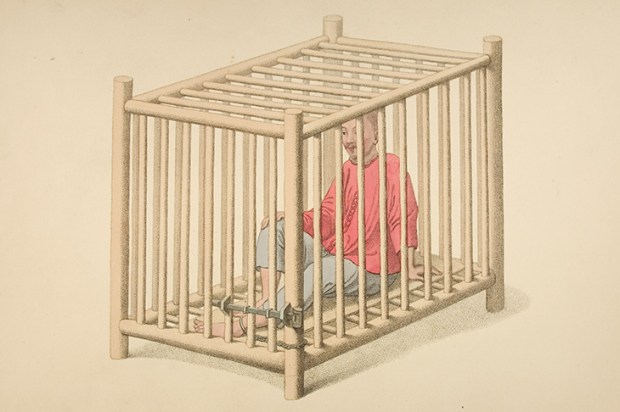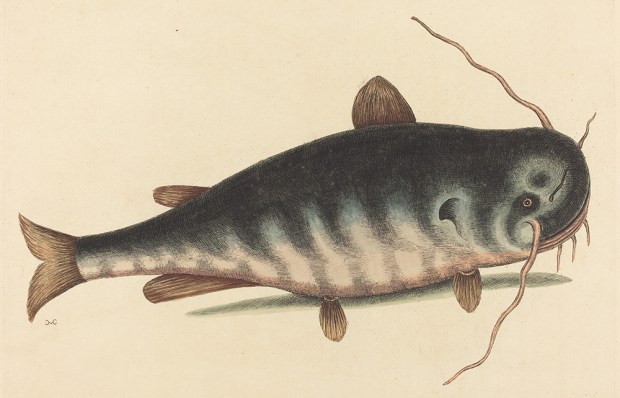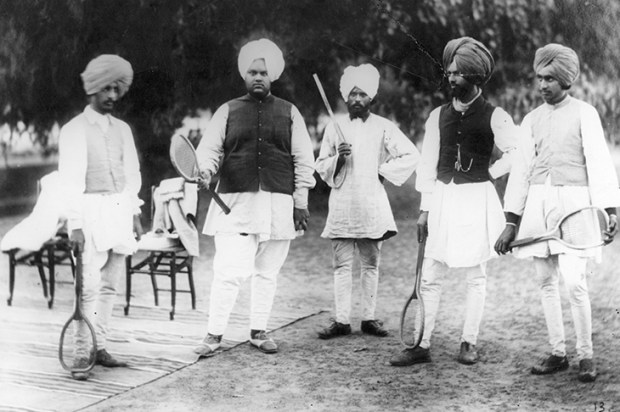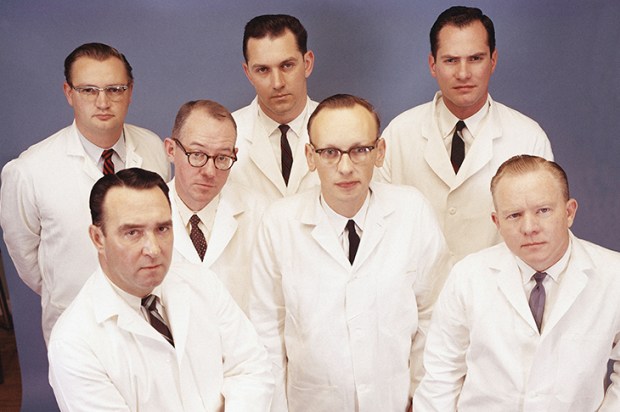The clever lexicographers at the Australian National Dictionary Centre have chosen ‘Colesworths’ as their Word of the Year 2024. They write: ‘Colesworths is a portmanteau – or blended – word, used in reference to the perceived duopoly of Australia’s largest supermarket retailers, Coles and Woolworths.’ And they chose it, they say, because of widespread dissatisfaction with the cost of groceries and reports of questionable pricing policies at Australia’s largest supermarkets. According to Senior Researcher at the National Dictionary Centre, the always helpful Mark Gwynn, it is used (these days) in mostly negative contexts to highlight the power and market share the two businesses hold in Australia. Mark said although Colesworths had been around for several years, its usage only recently spiked as ordinary Australians vented their frustration at the increasing prices of food staples.
So, where did the word ‘Colesworths’ first spring from? My memory is that it was coined by the brilliant Ross Campbell – a Sydney journalist and humourist (1910-1982). Jacqueline Kent has written up his life for the Australian Dictionary of Biography, where she says, ‘For more than twenty years, Campbell wrote 450-word articles about family life for the Daily Telegraph, Sunday Telegraph and Australian Women’s Weekly. Set in his Sydney home, Oxalis Cottage (‘a suburban house of 15 squares, including myself’) they featured his children under the pseudonyms of Theodora, Lancelot, Little Nell and Baby Pip. Many of these pieces… are gems of humour and social history. His originality lay in his persona of the bemused mid-century suburbanite.’
I’ve quoted Jackie Kent at length because it is such a good summary of the brilliance of Ross Campbell. Years ago I visited Ross at ‘Oxalis Cottage’ when his autobiography was published – An Urge to Laugh (1981).
Sadly, the brilliance of this classical scholar turned journalist has been rather forgotten these days. But not by me! Mark Gwynn tells me ‘Colesworths’ first appeared in Ross’s columns in 1959. Its invention came about because he wanted to record family trips to the supermarket without identifying either of the big chains – so he combined them into this portmanteau word. So, 42 years after his death Ross Campbell has finally become a ‘Word of the Year’. Well, done!
Why is ‘Christmas’ sometimes spelled ‘Xmas’? Is it blasphemous? Or at least irreverent? The good news is that, no, it’s not. So relax. The spelling of Christmas as ‘Xmas’ is recorded from 1551 as what the Oxford English Dictionary calls a ‘graphic abbreviation.’ The New Testament (which records the biography and history of Jesus Christ) is written in Greek – and in Greek the word ‘Christ’ is spelled in our Latin alphabet that would be Xristos. In other words, the ‘X’ in ‘Xmas’ is not the 24th letter of our modern Latin alphabet – rather it is a transliteration of the 22nd letter of the Greek alphabet X. The name of this letter is usually written (in English) as Chi and pronounced as ‘kigh’. So, it still means ‘Christ’ by using the first letter of his name. It is just a way of writing ‘Christmas’ that is a bit shorter and takes up less space on the page. That is what the Oxford means by a ‘graphic abbreviation’. It’s interesting that this graphic abbreviation did not appear until the invention of printing. That was when typesetters needed to work out how to get all the words on a line within the margins of the page. Before that, scribes writing by hand could just slightly adjust the size of their letters to make it all fit. So, no, it was not created out of blasphemous or irreverent intent – it was always just a shorter way of printing ‘Christmas’ that took up less space. However, not everyone knows that, or understands that. So, it is often a good idea not to give offence, but to write the word in full as ‘Christmas’. Keep your conscience clear!
Got something to add? Join the discussion and comment below.
Contact Kel at ozwords.com.au
You might disagree with half of it, but you’ll enjoy reading all of it. Try your first month for free, then just $2 a week for the remainder of your first year.













